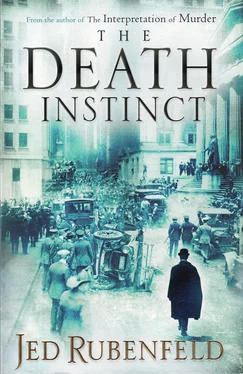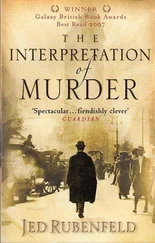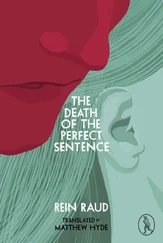Sigmund Freud first articulated his theory of the death instinct in a short book called Beyond the Pleasure Principle, published in 1920. Understood as a drive of pure aggression, a kind of lust for killing and destruction, the notion of a death instinct might raise questions about the goodness of human nature, but would otherwise be simple enough to comprehend. Freud insisted, however, that the instinct is fundamentally and originally directed at the self's own destruction. As a result, his death drive is regarded as a much more difficult and controversial proposition — although self-destructiveness is surely a phenomenon almost as familiar as aggression.
By and large, the psychoanalytic world since Freud has been happy to forget about the death instinct or at any rate to deemphasize it. Melanie Klein was an important exception; so was Jacques Lacan, who considered the death instinct central to psychoanalysis, although he sought to prize the instinct free from the biological foundations Freud had given it. Another exception is Andre Green, also a French psychoanalyst, whose excellent recent book on the death instinct — Pounquel les pulsions de destruction ou de mort? (Editions du Panama, 2007) by contrast explicitly connects Freud's theory to apoptosis, the biological process of programmed' cell death or cell suicide.' I have Freud draw the same connection in a conversation with Colette, perhaps, a little anachronistically. Although apoptosis was known to scientists by the late nineteenth century (called at that time 'chromatolysis'), its connection to cancer was not established until the late twentieth.
Readers familiar with Freud's work will recognize the famous fort-da game that figures so prominently in Beyond the Pleasure Principle. The unnamed boy who plays the game in Freud's essay has been identified as Freud's grandson Ernst; his mother was the Sophie whose death Freud so deeply mourned in 1920. There is another place in my book where Luc assumes the role of one of Freud's grandsons. The anecdote I tell about Freud, Luc, and the beggar feigning epilepsy was told to me by Clement Freud — brother of the painter Lucian Freud — and appears in the late Sir Clement's autobiography, Freud Ego.
The astonishing story Freud recounts to Colette and Younger demonstrating the accuracy of one of his dream interpretations — in which Freud correctly deduces that a patient witnessed an affair between the patient's nurse and a family groomsman when the patient was about four years old — is entirely true, or at any rate is attested to by the patient herself, Princess Marie Bonaparte. Princess Marie, however, did not begin her consultation with Freud until 1925, so the story is not in correct time sequence in my book. As in The Interpretation of Murder, many of Freud's statements in The Death Instinct are drawn from his actual writings. Although it is common today to refer to Freud's death drive by the name of Thanatos' (after a Greek god of death), Freud never did so in his writings, and accordingly that term does not appear in my pages. He does refer to the death goddess Atropos in 'The Theme of the Three Caskets,' a 1913 essay that contains the key to the symbolism of The Death Instinct. Freud lived in Vienna until 1938, when he narrowly escaped Nazi persecution. He died in England in 1939.












